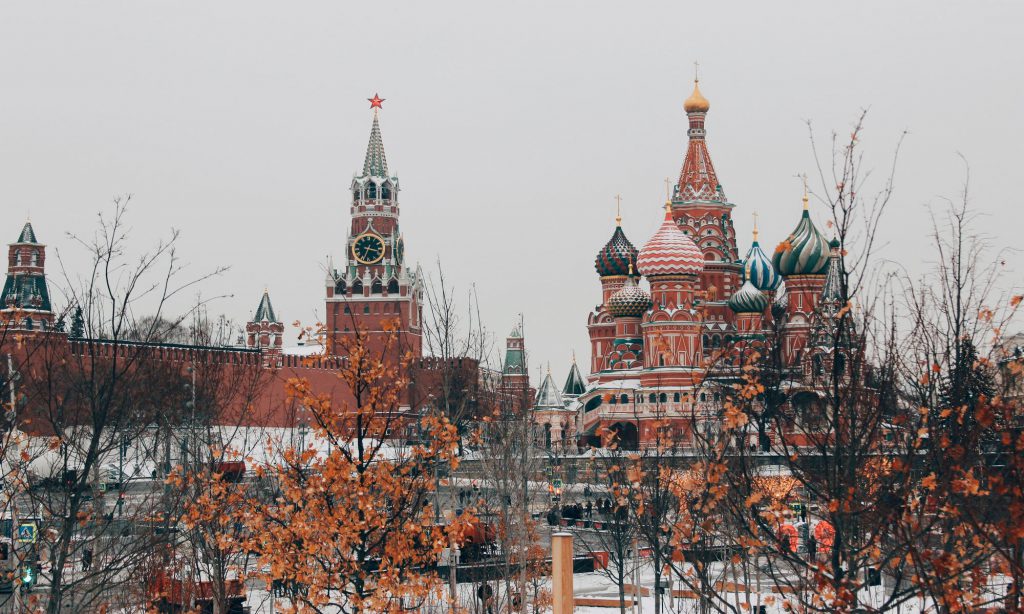Russia gives an extraordinary and exciting experience for the individuals who decide to make it their home. It’s important to think about your goals and objectives before starting an expat adventure to Russia. Knowing why you want to live in Russia is crucial since moving there might be a major life adjustment. Knowing your “why” can help you overcome the obstacles on your path, whether it is for employment possibilities, adventure, or a profound understanding of Russian culture.

Visa requirements and supporting documents
The procedure of applying for a visa is one of the primary challenges that foreigners confront while relocating to Russia. You will need to apply for the proper visa depending on whether your stay is for job, study, or other reasons. The procedure might be difficult and need several papers, such as a passport, an invitation letter, and health insurance. Starting this procedure well in advance is advised. You should also seek advice from the Russian embassy or consulate in your place of residence.
Language and communication
Since English is not commonly spoken in many areas, particularly outside of big cities like Moscow and St. Petersburg, learning the fundamentals of Russian may significantly improve your expat experience. To improve their ability to speak in everyday life, many expats choose to take language classes or engage private tutors.
Expense of living
Costs vary by location in Russia. Moscow and St. Petersburg are pricier. When budgeting for expat life, consider housing, transport, and food. Affordable options are available if you know where to search.
Accommodation
A crucial aspect for expats in Russia is securing suitable housing. Options vary from flats to shared spaces or expat communities in major cities, tailored to your budget and preferences. You can get help from real estate firms, and internet tools like Airbnb and local listing websites are helpful.
Employment
Career prospects are a major factor for many expats migrating to Russia. The labor market in the nation is broad, offering positions in industries including banking, technology, engineering, and education. Before beginning your job hunt, it is important to have the appropriate work authorizations and visas in place. Additionally, networking is essential since it may have a big influence on your employment chances.
Communities for expats and social life
In Russia, particularly in major cities, a vibrant expat community thrives. Engaging in expat clubs and groups offers a wonderful avenue to connect with kindred spirits and ease the transition into Russian life. To assist expats in developing a satisfying social life, these communities often provide social gatherings, cultural activities, and language exchange programs.
Health and education
You will be happy with the alternatives in Russia, which offers several public schools that are often free of charge if you are an expat with kids. Children start school at about age six or seven, and until they become fifteen, attendance is required. Russian cities have a variety of foreign schools that provide top-notch instruction in English or other languages. Additionally, there is a public healthcare system in Russia, but many foreigners choose private hospitals instead since they often provide better treatment and have personnel who understand English.
Learning about Russian culture
Expats may fully immerse themselves in Russia’s unique and rich culture by residing there. Russia has a wide variety of cultural events to offer, including ballet and opera performances, art galleries, and historical places. Exploring the food and customs of the host country may also be beneficial.
Extreme temperatures
Many expats are frightened of the notorious Russian cold even before they arrive, and for good reason. Long and dreary winters characterize the region, with occasional lows of -30°C. You should also be prepared for hot summers since much of European Russia (where many expat hotspots are situated) has a humid continental climate. It’s not unusual for temperatures to reach 35°C in Moscow in July. This may come as a surprise to many foreigners who assumed that living in Russia meant wearing thick jackets and wool hats all year long. Pack your bags appropriately.
Difficulties and adaptability
While living in Russia can be rewarding, it’s essential to acknowledge potential challenges. The language barrier, harsh weather, and bureaucratic hurdles can test your patience. Yet, with a positive attitude, patience, and adaptability, these challenges can become opportunities for personal growth as you navigate expat life.
You may also find these articles helpful
Travel to Russia. Travel attractions, Costs
